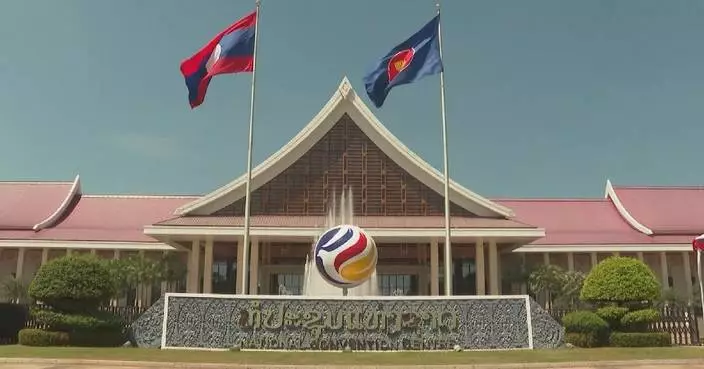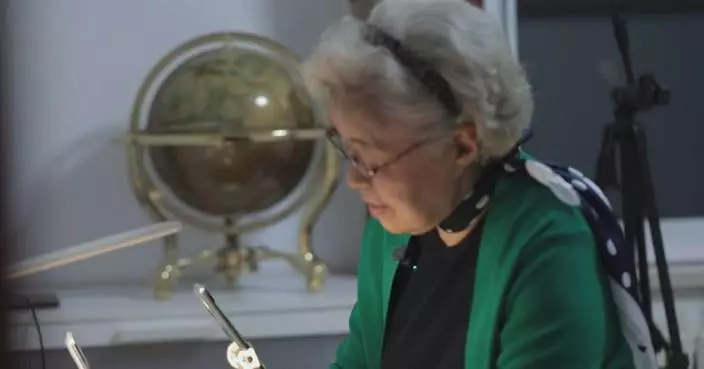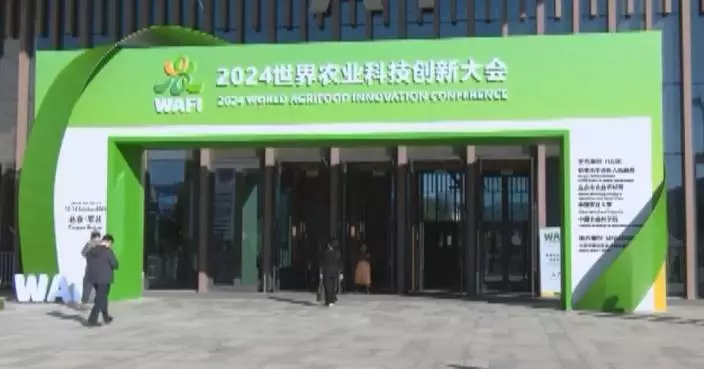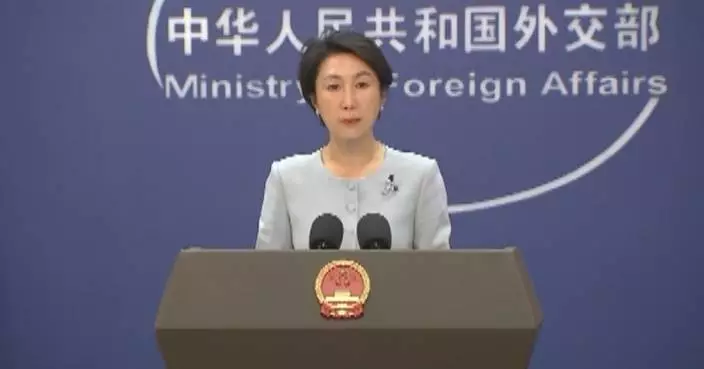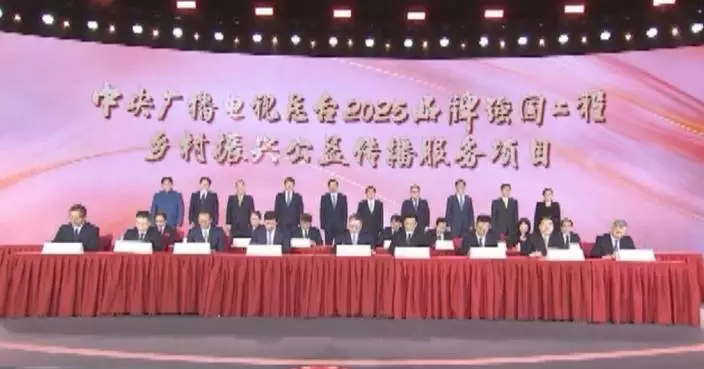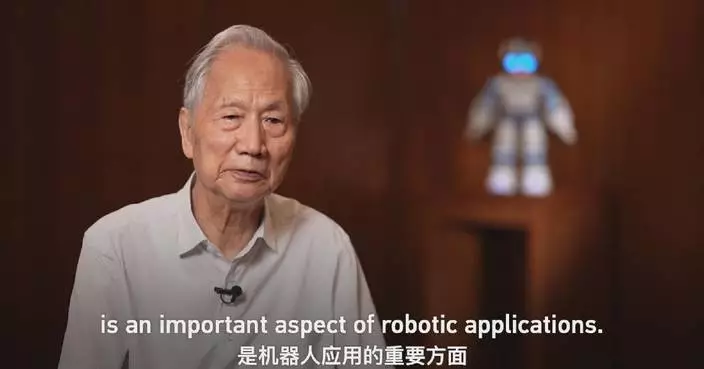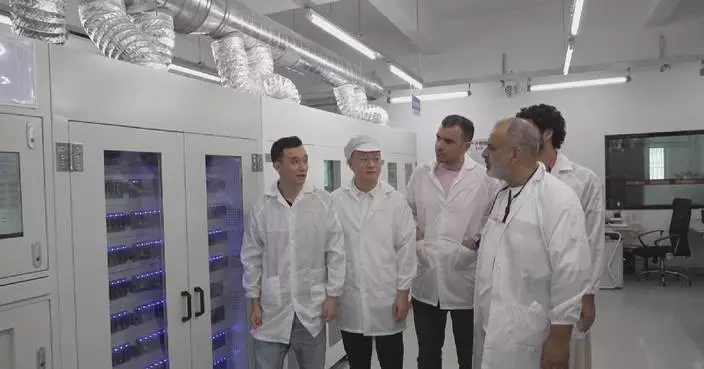The Chinese mainland on Thursday signed an amendment to the framework on trade in services with the government of the Macao Special Administrative Region to further expand market access for service businesses and professionals from Macao, said China's Ministry of Commerce.
The second amendment to the framework on trade in services under the Closer Economic Partnership Agreement (CEPA) between the Mainland and Macao takes effect immediately and will be officially put to implementation from March 1, 2025.
The signing of the amendment aims to further lower or eliminate the threshold for Macao service providers in sectors such as finance, telecommunications, construction and tourism to enter the mainland market, facilitating their employment and practice.
Some initial measures will be first implemented in the Guangdong-Hong Kong-Macao Greater Bay Area city cluster, an economic zone combining Hong Kong, Macao and nine cities in Guangdong Province in south China, to promote closer alignment of rules and mechanisms in the area.
"The signing of the CEPA (amendment) agreement reflects the mainland's continuous expansion of openness toward Macao. It is also an important measure to support Macao's integration into the overall national development, fully demonstrating the country's support and care for Macao's economic development, prosperity and stability," said Lei Wai Nong, Secretary for Economy and Finance of Macao.
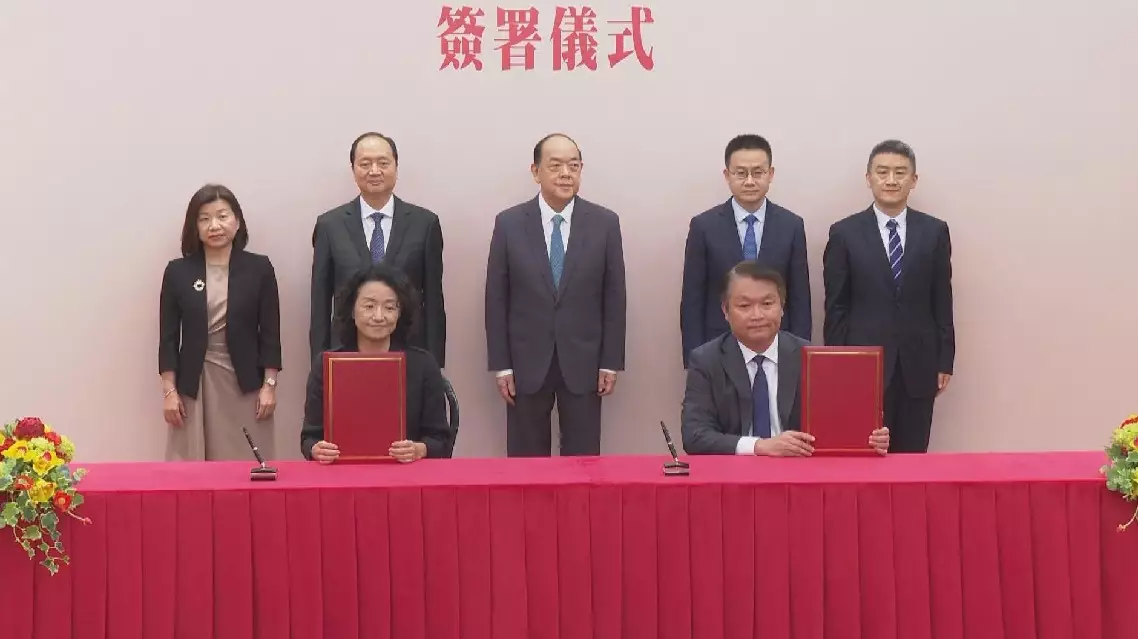
Mainland further expands market access for Macao service providers
Scholars and experts on the Taiwan issue gathered in Beijing on Friday to reaffirm the importance of the one-China principle and condemn Taiwan leader Lai Ching-te's advocacy of the "two-state" fallacy in the speech one day earlier.
At a seminar on UN General Assembly (UNGA) Resolution 2758 and the one-China principle, hosted by the Institute of Taiwan Studies at Tsinghua University in Beijing, experts first elaborated on the one-China principle, based on the historical and legal context that Taiwan has been part of China since ancient times.
They refuted Lai's statement that "the Republic of China and the People's Republic of China are not subordinate to each other" and dismissed the claims of so-called "sovereignty."
"Both the mainland's constitution and the relevant regulations in the Taiwan region stipulate that both sides of the Taiwan Strait belong to one China. Therefore, Lai Ching-te blatantly claiming that the two sides are 'not subordinate to each other' is illegal in itself. It not only violates mainland laws but also goes against the region's regulations," said Li Zhenguang, dean of the Institute of Taiwan Studies at Beijing Union University.
"When the People's Republic of China was founded in 1949, it replaced the then Republic of China as the sole legal government representing the whole of China; in 1971, the UNGA Resolution 2758 resolved the issue of China's international representation. 'Taiwan' is just the name of a region within the territory now represented by the People's Republic of China, just like Guangdong and Fujian," said Wu Yongping, director of the Institute of Taiwan Studies at Tsinghua University.
Peng Weixue, Deputy Director of the Institute of Taiwan Studies at the Chinese Academy of Social Sciences, said that Lai's claims of "peace," "democracy," and "goodwill" in the speech are deceptive, aimed at smearing the mainland and promoting the so-called "two-state" rhetoric by asserting that the two sides are "not subordinate to each other," which will further exacerbate tensions across the Taiwan Strait.
"No matter how many words of 'goodwill', 'peace' and 'maintaining the status quo across the Taiwan Strait' Lai Ching-te talks about, as long as he remains headstrong on 'Taiwan independence' in terms of the position, guiding principle, actions, and policies, the tension in the Taiwan Strait will continue to spiral up in the future," he said.
"Judging from his words and actual actions during this period, he is really a die-hard 'Taiwan independence' advocate. I consider him a 'fire-raiser of war'," said Zheng Jian, deputy director of the studies committee of the China Council for the Promotion of Peaceful National Reunification.
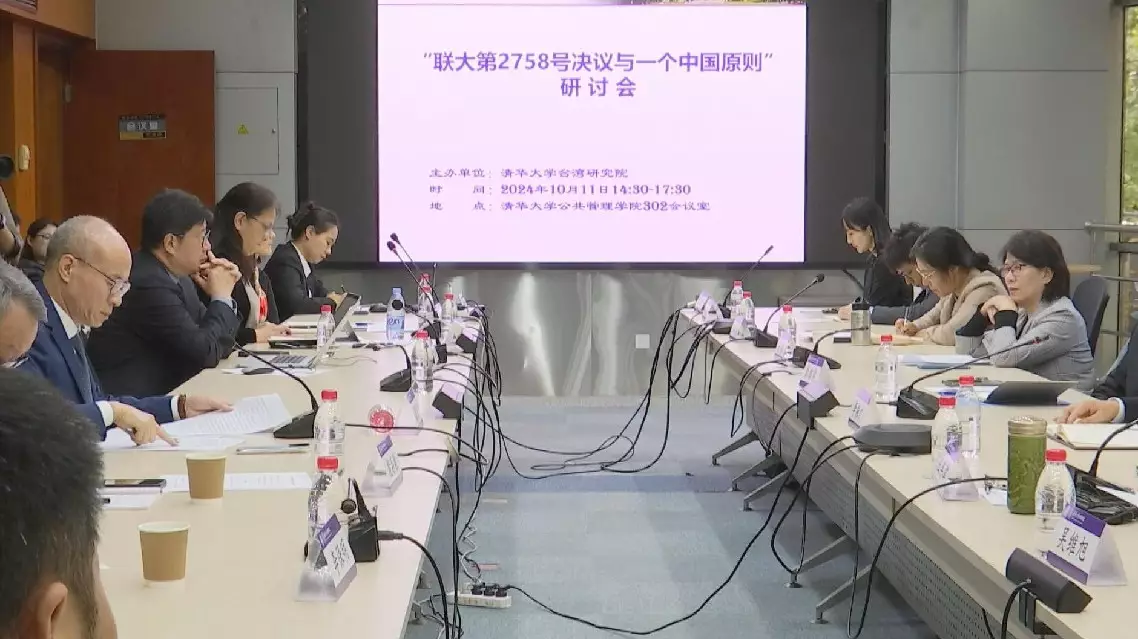
Mainland experts slam Taiwan leader's fallacy




